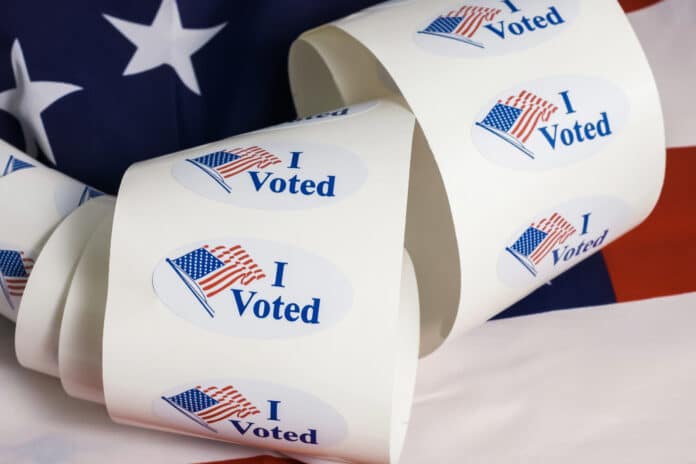
The Minnesota Supreme Court has agreed to weigh in on a new “felon voting law,” which grants felons the right to vote before they complete their sentences.
The Minnesota Voters Alliance filed a lawsuit challenging the new law that was passed during the 2023 legislative session. Previously, felons were required to serve their entire sentence, including probation or parole, before regaining the right to vote.
The Upper Midwest Law Center (UMLC), which is representing the alliance, asked for an accelerated review of a lower court judge’s ruling that upheld the law, thereby skipping over the Minnesota Court of Appeals.
“Because this case involves the constitutionality of state statutes, the interpretation of the Minnesota Constitution related to the elective franchise, and will impact Minnesota’s elections in 2024 and beyond, it presents questions of such imperative public importance as to justify deviation from the normal appellate procedure and to require immediate determination by this Court,” UMLC attorney James Dickey wrote in the request for an accelerated review.
The liberal-majority Supreme Court on Tuesday agreed to that request and scheduled oral arguments for April 1.
The Minnesota Voters Alliance argued in its initial lawsuit that the Minnesota Constitution prohibits felons from voting until they have been “restored to civil rights.”
“That’s ‘civil rights,’ plural, meaning all civil rights that a non-felon possesses. The Constitution does not create legislative authority to restore the singular right to vote before all civil rights are restored to an individual convicted of a felony,” the lawsuit explains.
Minnesota is now one of 23 states where felons only lose their right to vote while incarcerated, according to the National Conference of State Legislatures.
“We believe the Minnesota Constitution requires restoration of a felon’s civil rights lost upon sentencing in order to restore the right to vote. The Legislature failed to do that by passing the Felon Voting Law. But this decision to grant accelerated review is particularly wise because, regardless of the Court’s answer, Minnesota will have an answer prior to the 2024 election,” Dickey said. “The people of Minnesota deserve total clarity on voter eligibility before the 2024 election, and we are pleased that the Supreme Court has recognized the urgency of this matter.”









